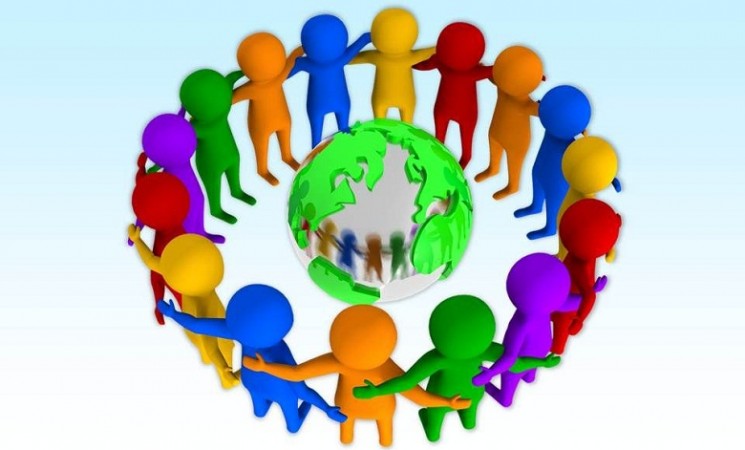
Jacob Peenikaparambil: History is a witness to the conflicts and divisions in religions, movements and organizations because of imposition of uniformity by those who were in authority. Innumerable are the stories of disputes and divisions leading to fights and wars because of the obsession with uniformity. Diversity is the law of nature. Look at nature; how diverse is the creation with millions of species of flora and fauna. Each human being is unique and different from the other. There are more than 790 core people in the world; still no one is exactly the replica of the other. Imposition of uniformity arises from pride, arrogance, and the assumption that I am only the right, mine is the only truth and all should accept my truth. Imposing uniformity is nothing but a rebellion against God.
All fundamentalist organizations are bent upon imposing uniformity on people. What the Taliban did in Afghanistan while it was in power from 1996 to 2001 and what it is doing now after recapturing power is the cruel game of imposing its dictates with regard to dress, food, job etc, on the people of Afghanistan at the point of gun. In this process they are indulging in blatant violation of human rights. In the name of Islam the terrorist like Taliban, ISIS and Al Qaeda are killing the soul of Islam. Uniformity kills the spirituality of any religion because spirituality accepts, appreciates and promotes diversity.
Unity refers to the union or harmony among groups of people belonging to different religions, races, languages, cultures etc. Unity happens when people from different ethnic backgrounds, religious beliefs, political philosophies, etc. are able to coexist peacefully and respectfully. Unity starts with tolerance and goes beyond tolerance to accepting, appreciating and celebrating differences. Unity is a constant effort to treat each other with respect and appreciation of each other’s differences. Leaders with an inclusive vision and spirituality promote unity amidst diversity and they do not impose uniformity on people.
Uniformity is the state of being uniform; holding the same views, beliefs, standards, ethics, etc. Uniformity doesn’t tolerate differences. It demands everyone look alike, think alike and speak alike. Uniformity looks impressive and it is easier to manage, but it does not create unity. Those who are in authority often prefer uniformity because it helps them to control those who are under them.
The solution to ‘Unity versus Uniformity’ is Unity in Diversity. It refers to unity without “uniformity and diversity without fragmentation”. The heritage of India for thousands of years has been unity in diversity. The Rig Vedic saying, “Ekam sat vipra bahudha vandanti” (Truth is one, the wise perceive it differently or God is one, the enlightened or the wise call him by different names.) has been the foundation of unity in India despite the existence of all major religions in India. The concept of unity in diversity has not been limited to religion alone but to all other dimensions of social, political and cultural life of the people of India.
The Constitution of India, especially its preamble, has captured the ancient wisdom of India and articulated very clearly that the basis of the unity of India is pluralism or secularism. It means that the state does not discriminate among its citizens on the basis of religion and all citizens have equal rights and opportunities irrespective of their religion, caste, ethnicity, culture and language. The government will not favour and disfavour any particular religion. It is an assurance that the religion of the majority will not be imposed on others and the government will not favour the religion of the majority. When political and religious leaders fail to respect diversity and impose uniformity, they are sowing the seeds of division and disunity. What India needs today is unity in diversity.
Read more articles from the author